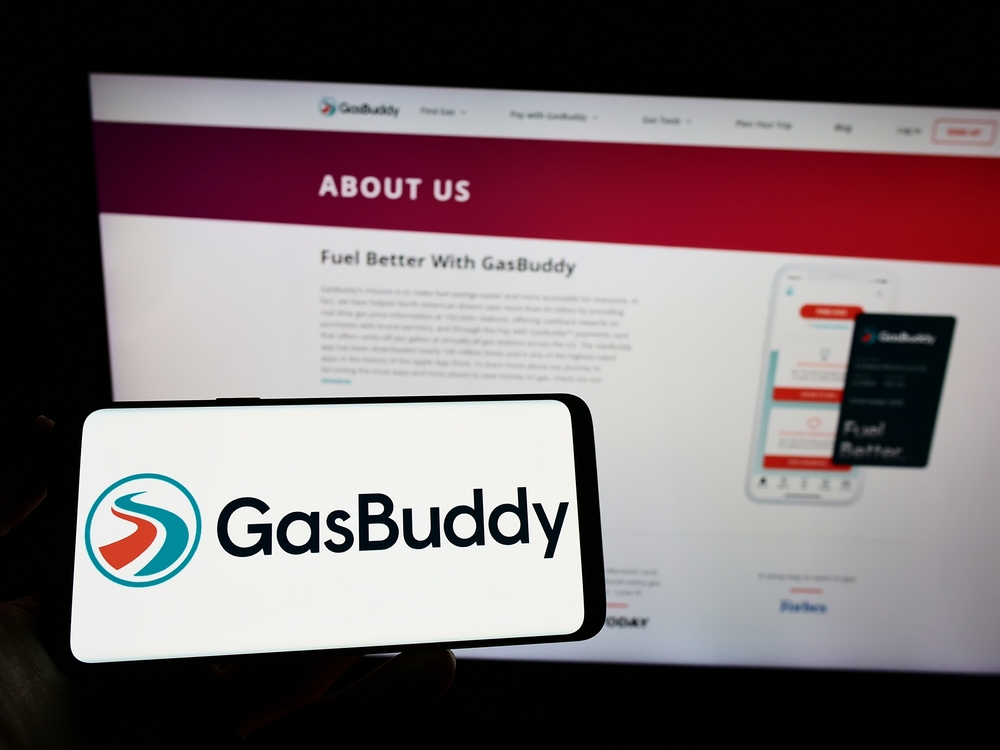Trump’s Gas Price Claims Contradicted by GasBuddy Data
GasBuddy, a company that tracks fuel costs across the United States, has refuted President Trump’s claims of record-low gasoline prices. In a Friday morning post on Truth Social, Trump touted gasoline prices below $2 a gallon, asserting that “gasoline just broke $1.98 a gallon, lowest in years.” However, GasBuddy’s data does not support these claims. Patrick De Haan, head of petroleum analysis at GasBuddy, stated, “We don’t have any data showing any individual stations below $2 a gallon today nor have we really seen any of that in the last several weeks.”
Actual Gas Prices Across the Country
According to GasBuddy, the lowest gas price in the nation as of Friday was $2.63 per gallon, found in Mississippi. The national average, as reported by AAA, stands at $3.18 per gallon, with no stations listed at less than $2.61. These figures contradict the president’s social media claim and highlight a significant discrepancy between the reality of fuel costs and the president’s assertion.
Economists’ Predictions on Tariff Impact on Gas Prices
Many economists had predicted that President Trump’s tariffs would drive up gasoline prices in early March, particularly with the potential for “reciprocal” tariffs and other measures announced by the administration. Although many of these tariffs have since been suspended, concerns remain about their long-term effects on energy prices. The U.S. imports a significant amount of oil from Canada, which makes Trump’s relationship with Prime Minister Mark Carney particularly important. Future gas prices could be influenced by this relationship, especially in regions that rely heavily on Canadian oil, such as the Midwest, Rocky Mountains, and New England.
Trump’s Push for Domestic Energy Production
In January, President Trump signed an executive order aimed at boosting domestic energy production by exploring promising pockets of federal land for offshore drilling. This move aligns with his broader energy policy goals, which include reducing reliance on foreign oil and increasing domestic oil production. However, the impacts of these measures on gasoline prices remain uncertain, especially in light of the complexities of global trade and tariffs.





















